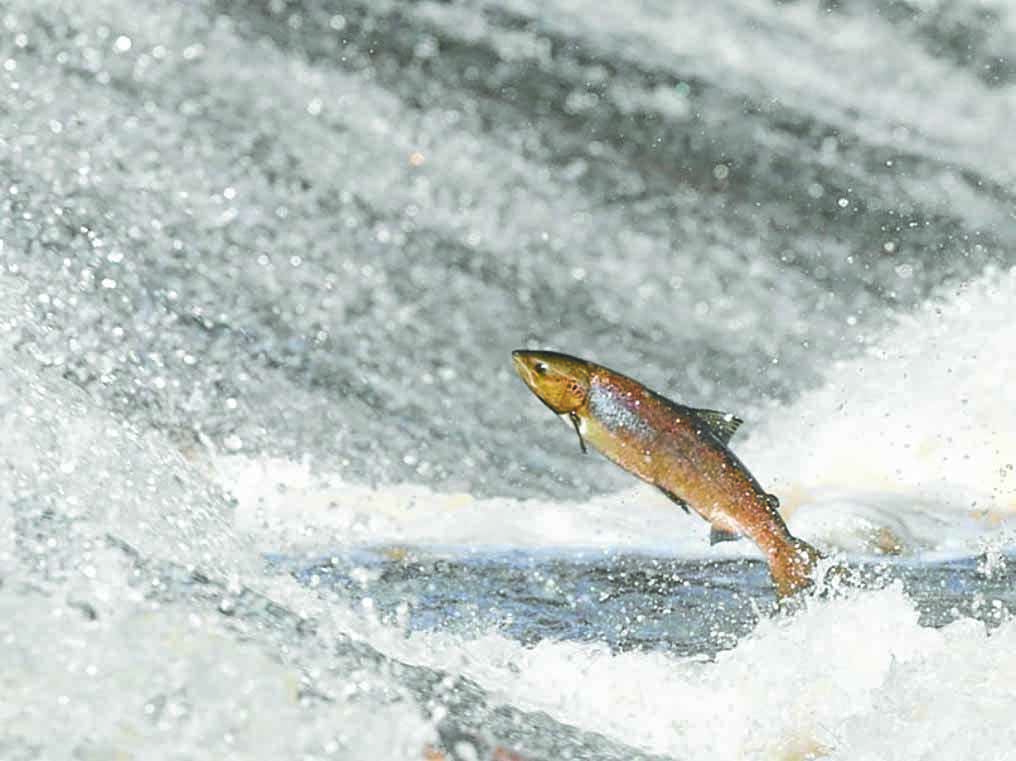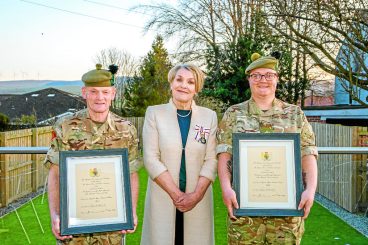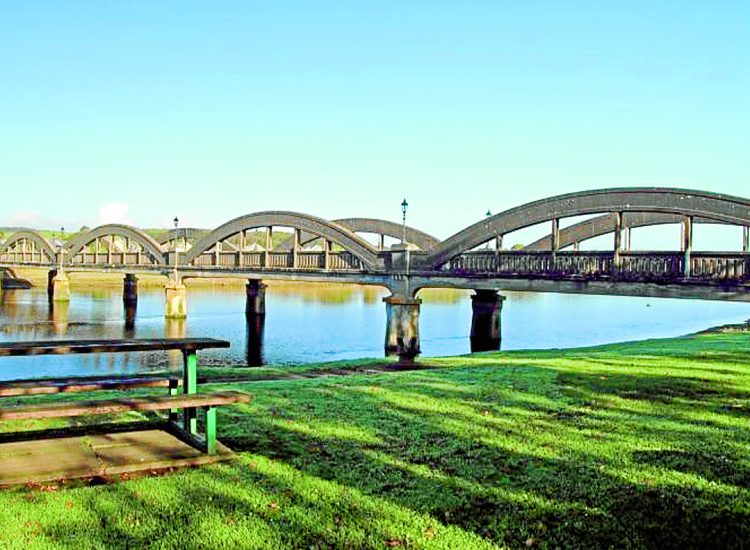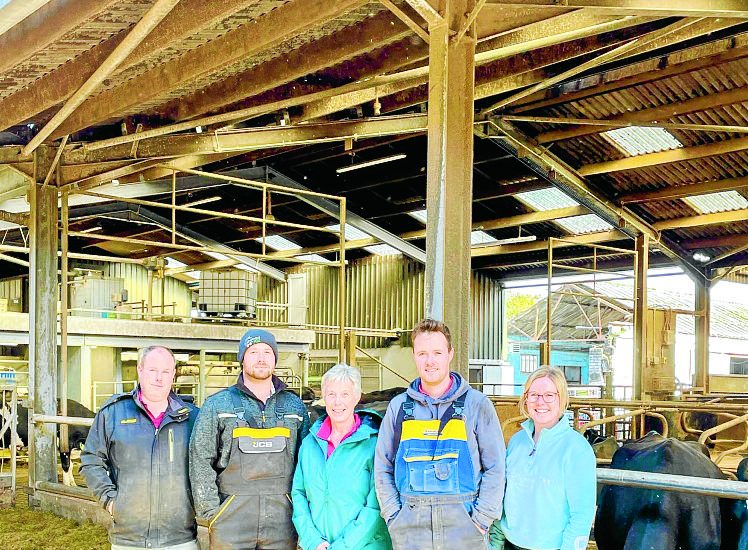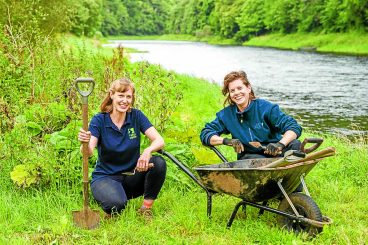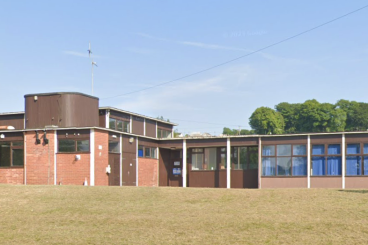The River Tweed Commission (RTC) is concerned that current water scarcity plans are inadequate to protect its fish stocks.
The river rises at Tweed’s Well, six miles north of Moffat, close to the boundary of the Scottish Borders with Dumfries and Galloway.
Clerk to the RTC, Jamie Stewart, has stated that the prolonged dry period was causing concerns along the river and its tributaries.
He added: “Migration between river pools in the catchment becomes much more difficult, with access to shade and protection from predators often denied as a result.
“In addition, low river levels cause changes to the nutrient concentration levels in the water, which are leading to greater areas of algal bloom on the riverbed.
“Warm water holds less dissolved oxygen than cold water, so summer is the time when fish can have a hard time getting enough oxygen.”
The RTC is concerned with the “significant problems” being created by low water levels and high temperatures on Atlantic salmon, sea and brown trout.
The group questions the suitability of the current system as the Tweed river’s “moderate” scarcity classification- the second highest level- means water abstraction for agriculture and industry were still allowed.
Mr Stewart also said he did not believe the current system was adequate to support the river environment.
But, the Scottish Government said it had been working with SEPA in dealing with water scarcity issues across the country.
A spokesman added: “We will continue to closely monitor the situation, evaluate the potential environmental, economic and social impacts and consider advice from SEPA and scientific bodies before determining what actions to take.
“The Scottish Government takes the issue of our declining salmon stocks very seriously and we are working with stakeholders to safeguard this iconic species.”
It said its wild salmon strategy – launched at the start of the year – also set out objectives to ensure the protection and recovery of populations.
SEPA’s head of water and planning, Nathan Critchlow-Watton, said its plans had been developed to protect the environment following public consultation.
He said the Tweed was likely to reach significant scarcity in the coming days at which point it could suspend abstraction licences for businesses.





